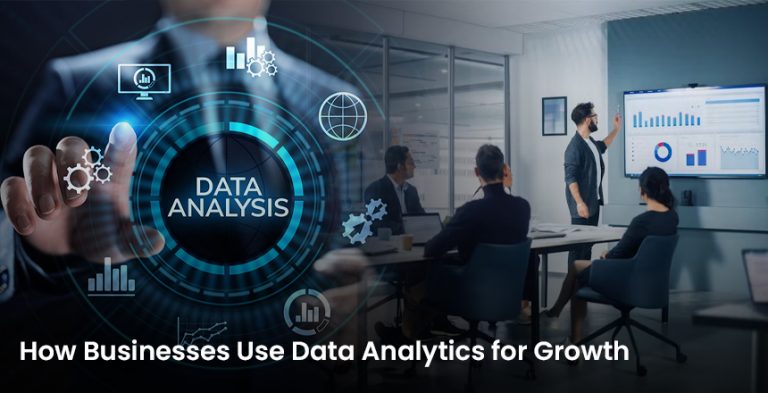In the current world of data, companies are overly dependent on the extraction of insights drawn out of data in order to make informed decisions strategically. Be it the world of finance, health, marketing or shops, data analytics finds the key role in business performance. With the emergence of large data and artificial intelligence, data analytics and interpretation proficiency rates are high, so finding qualified professionals would be rather easy. In order to be relevant and competitive in this era of digital economy, it is not only advantageous to learn some of these right tools on data analytics, but it is a necessity. These are the 5 best data analytics tools you need to learn to advance your career and keep yourself in the trend.
1. Microsoft Power BI: Learn to See Data As an Expert
Microsoft Power BI is a data visualization software, which found a lot of popularity among users worldwide. It is easy to use, with drag and drop options and its interface is easy to work with and it is quite interesting to use whether you are a beginner or a non professional to use it as well. Power BI allows the user to make radiant dashboards, interactive reports, and analytics in real-time. Power BI helps businesses to track key performance indicators as well as monitor performance and facilitate communication of data insights between departments. Studying Power BI may create opportunities in such areas as business intelligence, operations, and performance analytics.
2. Tableau: The definitive in data narration
Tableau is an alternative to the most popular data analytics and visualization tools that are characterized by speed, flexibility, and strong visualization. Tableau helps major corporations across the globe to convert raw data into meaningful dashboards and strong stories. It not only integrates with many types of data sources such as spreadsheets, databases, and cloud services. Utilizing aspects such as drag-and-drop design, Artificial Intelligence-facilitated analytics, and powerful sharing, Tableau allows one to find trends and make data-based decisions fast. To the advantage of such people with interest in data storytelling, Tableau would be a good career option to learn.
3. Python: the Skeleton of Contemporary Data Science
On the one hand, it is not a visual tool but a programming language, but Python is one of the most necessary data analytics tools to learn. Python is a popular programming language, known to be simple and flexible and is mostly applied in data cleaning, data manipulation, statistical analysis, and machine learning. Such libraries as Pandas, NumPy, Matplotlib, and Scikit-learn offer the significant capabilities of working with huge datasets, generating the visualisations, and constructing prognostic models. Python will put you ahead of the game whether you are an analyst or a potential data scientist as technology is something the industry is moving to embrace.
4. R: And Statistical Analysis in a Blink
R is an effective free open-source programming language which is specifically made to perform statistical analysis and visualization of data. R pursues unparalleled functions in hypothesis testing and regression analysis, data formulation; thus it is favored by statisticians and researchers in academia. R is an essential tool that you should consider learning in case you are interested in a statistical research, bioinformatics or any other field where you need to work intensively with data modeling.
5. SQL: The Data Extraction Language
The basis of work with the relational databases is Structured Query Language (SQL). Be it customer data, transactions in sales or logs of your visitors of the web pages, there is a possibility that the data might be shared in a SQL database. With SQL you can extract, filter, join and aggregate data using source level manipulation. The skill is necessary to any data analyst, business analyst, and even digital marketer. SQL allows you to extract significant information out of huge databases, so it becomes the most important initial phase of any data analytics pipeline.
Closure: Get the right tool to succeed.
Data analytics is such a broad and dynamic field, however learning these 5 most important tools: Power BI, Tableau, Python, R, and SQL, you will gain a solid basis to develop a great future career. Regardless of whether you wish to turn into a business analyst, a data scientist or any individual who wishes to comprehend information better, going through these tools will ensure you are in a position to get value out of information and make meaningful decisions. Citizens using such tools will always be high in demand since organizations are increasingly investing in data-driven strategies.








